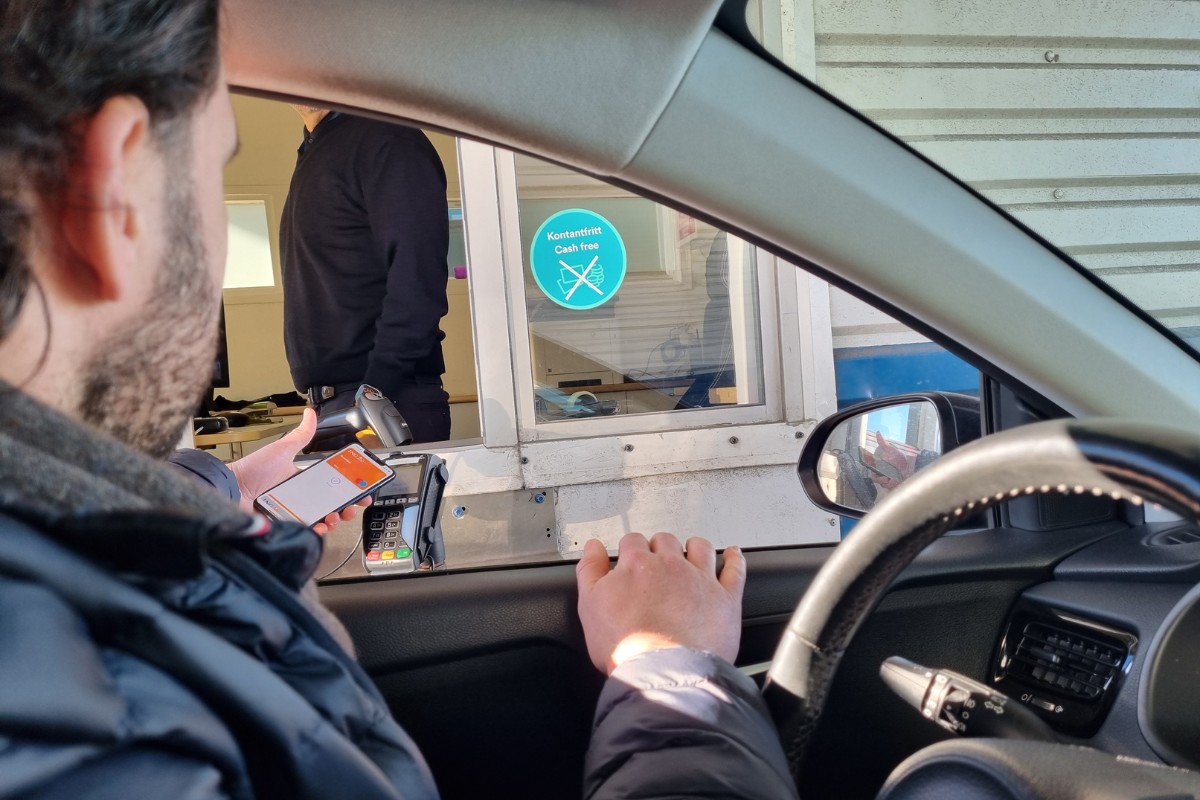
When you buy a ferry ticket, you often have the choice between a regular or a flexible ticket. While a flexible ticket is almost always more expensive than a regular ticket, it can be a wise choice to purchase one. This article explains more about flexible tickets and when it is (or isn’t) a good idea to choose one.
What are flexible ferry tickets?
Let’s first take a closer look at flexible tickets. Flexible tickets allow you to be less or less bound to a specific ferry departure time. This contrasts with regular tickets, where you must choose a departure time from the ferry company’s schedule.
If you arrive too late with a regular ticket, you’re out of luck. However, with a flexible ticket, you often have a few hours (sometimes even days) of leeway before and after your planned departure time.
The additional cost for flexible tickets varies by operator and route but generally ranges from approximately 20% to 50% more than standard fares,
When is it wise to buy a flexible ferry ticket?
For several reasons, purchasing a flexible ticket might be more intelligent than a regular one. Here are the main reasons:
- When there is a high chance of a storm along your route (see here which ferry routes are most affected by storms).
- If you are unsure about your arrival time or prefer not to plan around a fixed schedule.
- If you want to avoid the risk of receiving no compensation if the ferry company cancels a route at a specific time (for example, due to storms* or incidents).
- If the chance you need to cancel for other reasons is significant.
*Read more about ferry companies’ cancellation policies in case of storms.
This is when you should not book a flexible ticket:
- A standard ticket may be more economical if your travel dates and times are fixed.
Stena Line as example
if you look at the policies from Stena Line (for example, active on Hook of Holland – Harwich)
Economy Fare: Stena Line’s lowest fare suits travellers with fixed plans. Changes incur a €35 amendment fee per single journey (€15 for foot passengers) plus any difference in fare. No refunds are provided for cancellations.
Flexi Fare: Offers greater flexibility. Changes can be made without an amendment fee; however, any difference in fare applies. Up to 24 hours before departure, cancellations receive a 100% refund minus a small cancellation fee. Cancellations up to 2 hours before departure receive a 50% refund minus the cancellation fee.
To Conclude Stena Line:
The Economy Fare is cheaper but highly restrictive:
- No refund if you cancel.
- Changes cost €35 per journey (or €15 for foot passengers) plus any fare difference.
The Flexi Fare, while more expensive, offers significant advantages:
- There is no amendment fee for changes (only fare difference applies).
- Refunds available:
- 100% refund (minus a small fee) if cancelled 24+ hours before departure.
- 50% refund (minus a fee) if cancelled 2–24 hours before departure.
It’s your own risk vs reward calculation!

An excellent article with so much useful information! I appreciate how this website provides such great content.